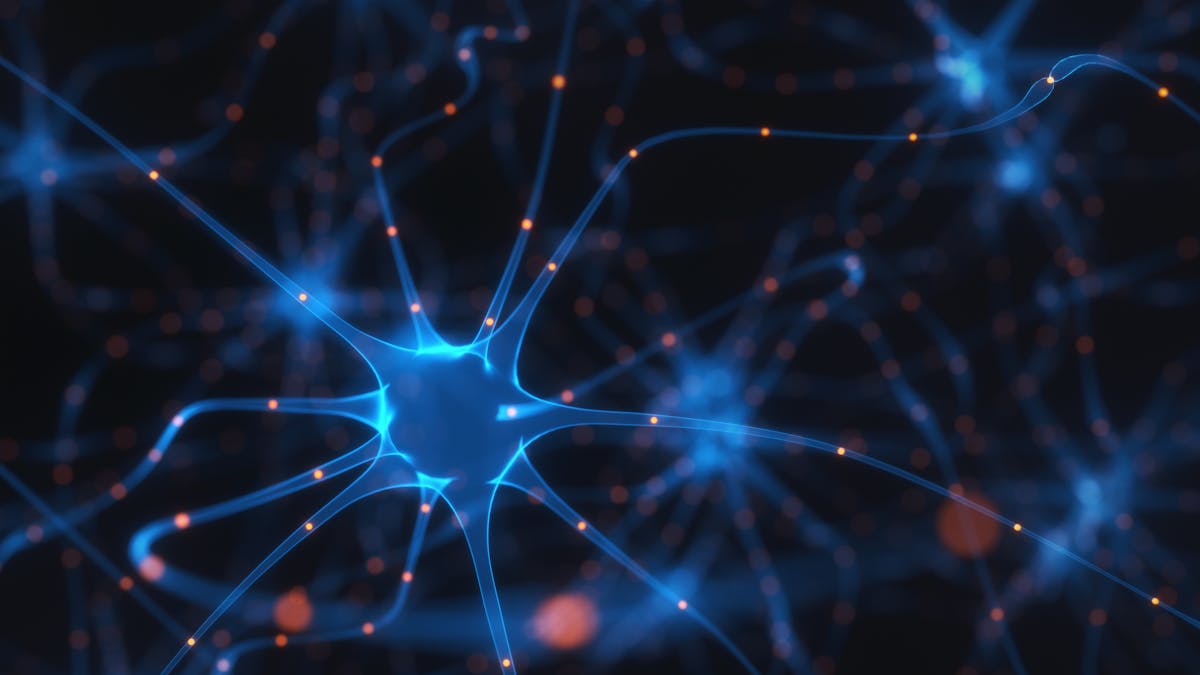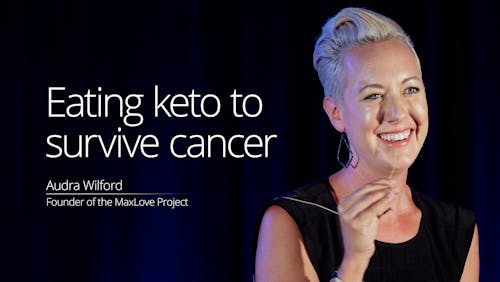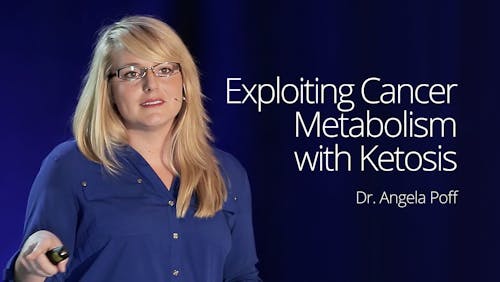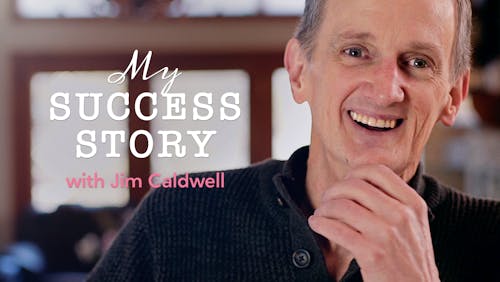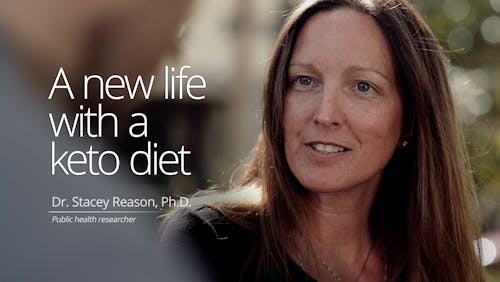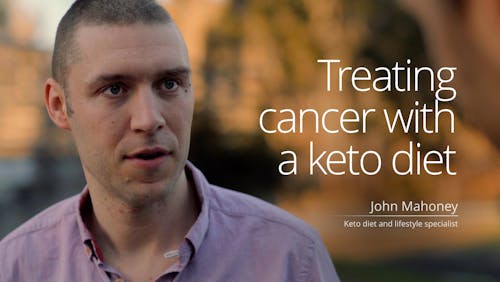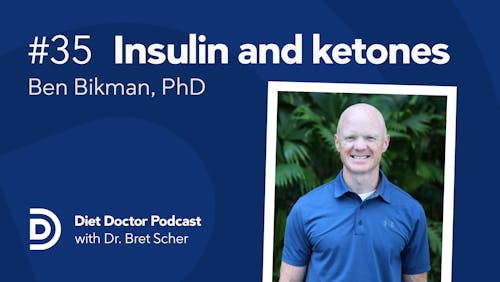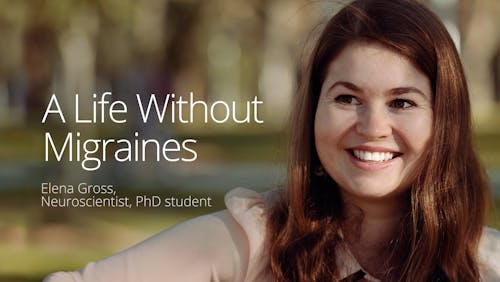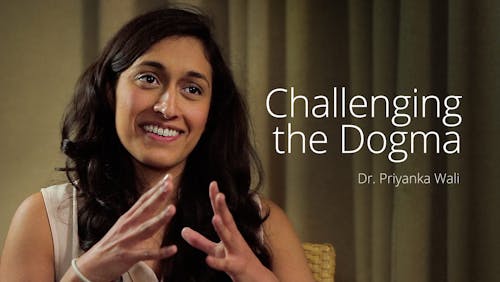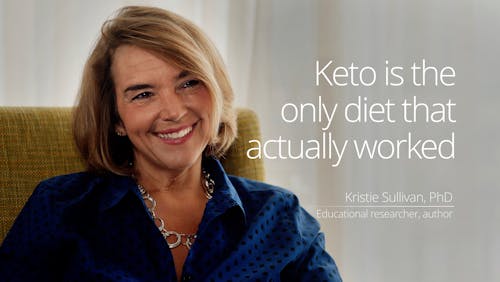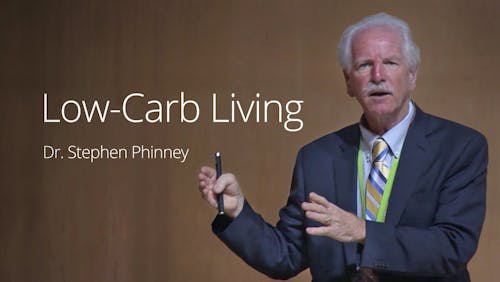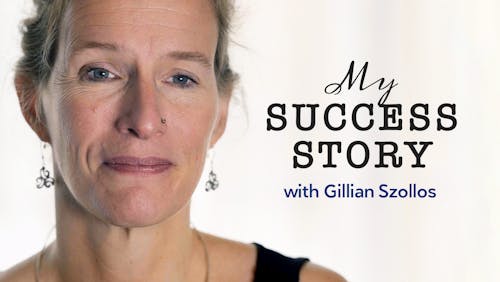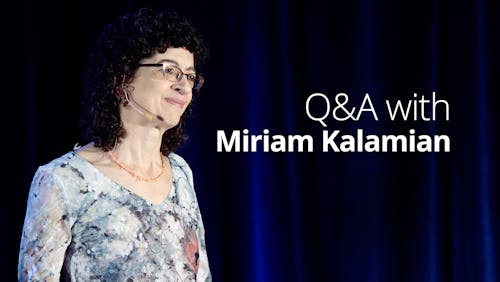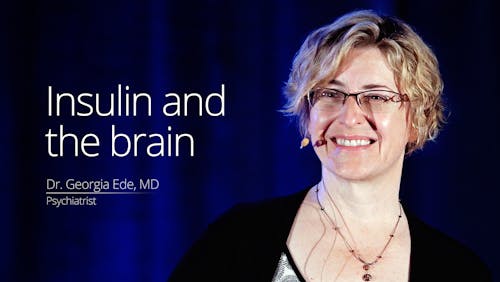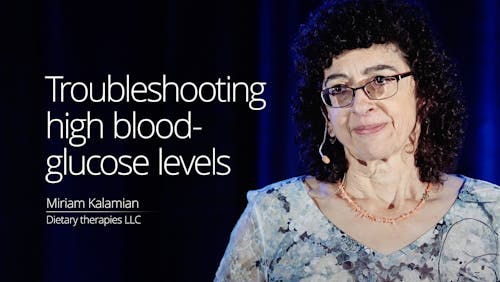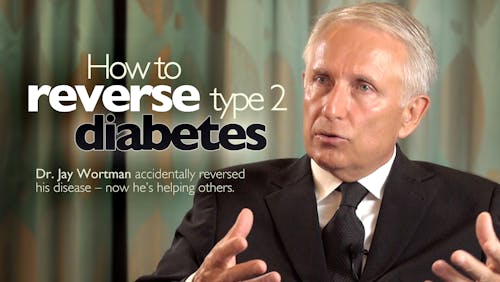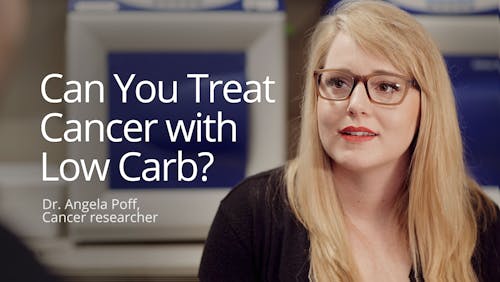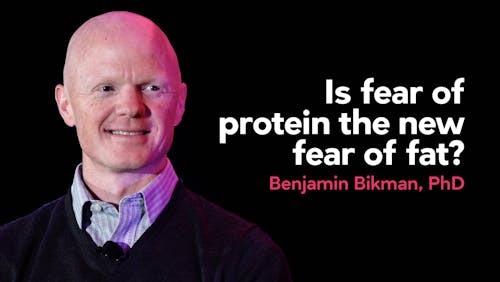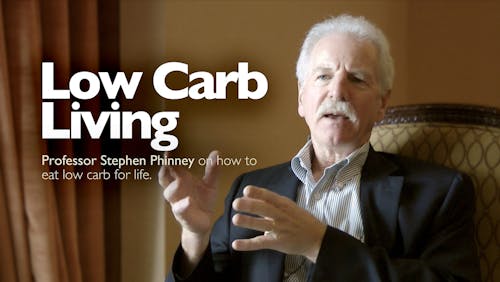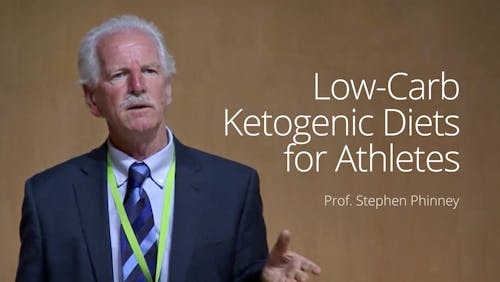Can keto help autism? Ellis’ story
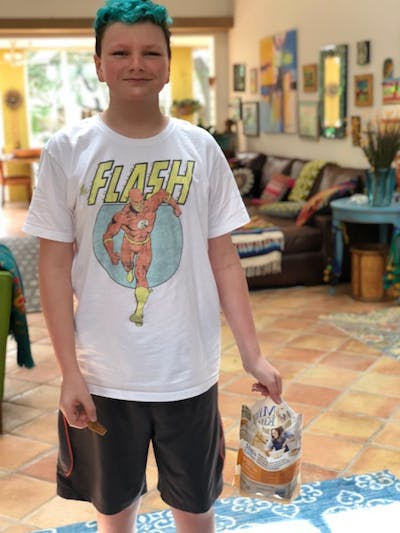
After writing an article about the impact a keto diet might sometimes have on ADHD and autism, Anne Mullens received an email from a woman named Holly Franks. Her son Ellis has Asperger’s syndrome and started a keto diet in 2015.
Has the diet switch helped his autism? This is their experience:
Hi Diet Doctor,
We were really happy to see the recent post by Anne Mullens about the ketogenic diet for autism. My son and I live in West Texas and I want to tell you about our experience.
My son Ellis, 11, was always a little different. I just thought he was gifted and talented. He did not speak until he was three years old and then he could suddenly read without my knowledge.
His early teachers would say you can always depend on Ellis to tell the truth. The concept of lying and manipulating people never occurred to him. Also, he couldn’t read people’s faces or moods, either, so he didn’t adjust his behavior as a neurotypical child would, causing adults to think he was being uncooperative.
Looking back, I can see that his anxiety started to build in the first grade. He started to show signs of distress. I thought he was being defiant, but now I know he was unable to regulate his world.
In third grade, we tried a new type of unregimented school, but as he never knew what to expect, his anxiety went through the roof. He began acting out, having meltdowns, breaking things, wrapping his head in a blanket, getting in his bed under the covers, pushing me etc. I became fearful that he was going to hurt me. He grew more angry and seemed to head towards violence.
I could not figure out why my child was struggling so much. I felt lost. I took him to another school where he was tested for ADHD and I thought this must be what was going on with him.
Well, no it wasn’t ADHD — it was Asperger’s syndrome. It made perfect sense. His world was overloading him and now everything had to change.
We first started keto about three years ago, when he was eight. I had seen a magazine at Natural Grocers about women my age losing weight and balancing the hormones using it.
I told my son we were going to try this for three weeks to see what happened and he agreed to do it. I purchased a Bento type lunch box. If I had put everything in a separate container, he would never have eaten all the food, so the Bento box was perfect for someone who is autistic. He could see all the food in one place. I would put meat (like sausage, meatloaf, ham, steak), a cheese stick, tomatoes or cucumbers or green olives and a chunk of sugar-free chocolate.
Within three months, he had lost about 15 lbs (7 kg) and was proud of fitting in old clothes. He is about 5’6″ now at age 11 — so he is a big boy. All his weight was in his belly, a sure sign of insulin resistance and blood sugar dysregulation.
When we started the ketogenic way of eating I began researching and found Diet Doctor. I thought that the platform was easy to understand and gave guidance on a healthier way to do keto. Facebook groups are notorious for know-it-alls and shaming. I advise people to find one or two groups and take what you need and leave when it gets too much.Diet Doctor has everything right there, intelligent videos, food lists, it’s not a one size fits all. I think it is an awesome resource especially for beginners. Diet Doctor does not bombard you with asking you to buy stuff every 5 minutes nor does it proclaim best seller-itis.
No doctor has ever suggested the ketogenic way of eating for me or my son. I know now that Ellis had a carbohydrate addiction and that controlling his blood sugar alleviates the competition between his sensory world and his different way of thinking. It is very important that his anxiety be as low as possible.
Sugar/carbohydrate consumption and blood sugar dysregulation contribute greatly to his anxiety and unstable moods. My son is a carboholic and does not know when to stop eating carbohydrates. I now know that there is a gut-brain connection between what he eats and his symptoms.
We had our ups and downs doing the diet. We came off it for a while and he gained excess weight back. But then last year we decided to really do it and stick to it. He, again, lost about 15 lbs (7 kg) in three months. I am happy to say that it is now going very well. He loves to cook. I have taught him how to check his blood sugar and check his ketones with a ketone meter in order to teach him to be in charge of his health.
We love bacon and homemade ice cream. Our favorites are zoodles with spaghetti sauce, and fat head pizza, of course! Another GREAT improvement is that he now has no problem trying new foods. He devours homemade Italian dressing and loves deviled eggs. He will even eat pork rind nachos!
Another easy part of keto is when we go to the store we know what we can eat, so it doesn’t take nearly as long to shop. He knows how to read labels and determine carbohydrates and serving size. So, for us this is a huge win on all levels: nutrient dense food, blood sugar control, anxiety issues down, his personality shining through. He has a great sense of humor, he is a real comic now, and he is empowered to be his own advocate.When we are following keto tight, I notice that he is more focused, has a much better sense of humor, has a stable mood, has many, many more conversations. We home-school now, and I’m sure that plays a part in the management of his anxiety.
The largest adjustment with keto is all the temptations. Everywhere we go, fast food and junk food make up the majority of our society. Most keto food has to be prepared at home. However, everyone now knows that Ellis brings his own snacks to get-togethers. He does not ask for junk very often at all. I will let him carb up with some french fries or a regular burger maybe once a month.
One of the easiest parts of keto is not having to eat so often and the unintended intermittent fasting because you’re just not hungry upon waking.
We don’t really think of it as a diet anymore, we just think of it as the way we’re really supposed to be eating, he calls it the “keto way of life”. He knows full well that eating this way could help other autists better deal with life. I know I am lucky because my son does not have the sensory issues about food to the degree like a lot of autistic people have.
The only advice I give to people is DO NOT believe all the bad hype about keto, educate yourself, do your research, you will not regret it.
If you have an autistic child, my experience has been that meltdowns disappear, personality comes back, and a greater understanding of social issues ensue.
Give it a try, include your child in the decisions, let them cook, empower them to take charge, this will carry over into their adult life as well.
Oh, it is not just him that has benefited! I’ve lost about 30 lbs (14 kg) and now experience greater clarity of mind, less searching for words! At 56 that’s a huge deal. My moods are better, blood sugar is under control, my eyebrows are growing back as well. I feel great and am so so happy I discovered keto — for him and for me!Sincerely,
Holly Franks
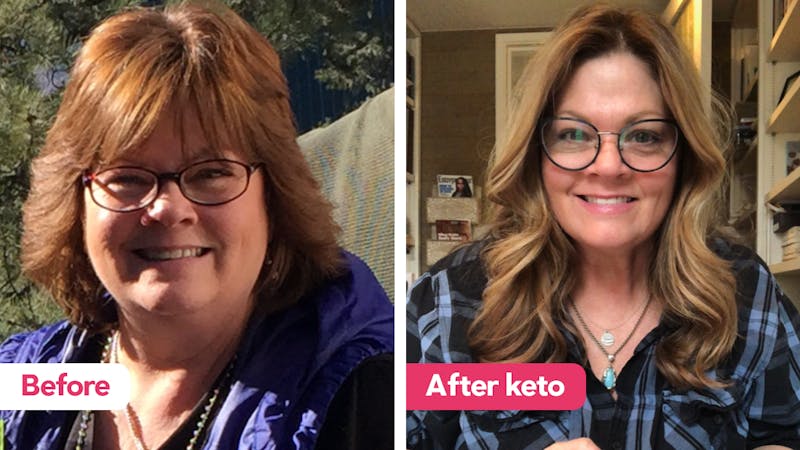


Earlier
Get started
Do you want to try what Ellis has done? Sign up for our free 2-week keto low-carb challenge!
Most popular success stories
All success stories
More
Kids and keto: can a high-fat low-carb diet help with ADHD, autism and more?
Keto
Start your FREE 7-day trial!
Get instant access to healthy low-carb and keto meal plans, fast and easy recipes, weight loss advice from medical experts, and so much more. A healthier life starts now with your free trial!
Start FREE trial!Share your story
Do you have a success story you want to share? Send your information, plus before and after photos, to success@dietdoctor.com. It would also be greatly appreciated if you shared what you eat in a typical day, whether you fast etc. More information:
Share your story!